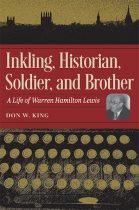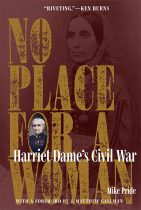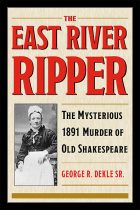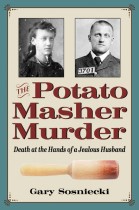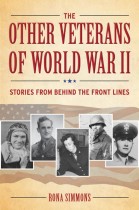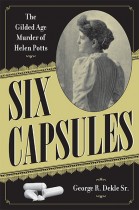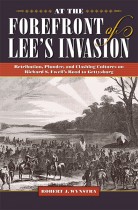Through Blood and Fire
J. Gregory Acken | Filed under: Award Winners, Civil War Era, History, Interpreting the Civil War: Texts and Contexts, Recent Releases, U.S. History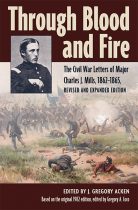
Charles J. Mills, the scion of a wealthy, prominent Boston family, experienced a privileged upbringing and was educated at Harvard University. When the Civil War began, Mills, like many of his college classmates, sought to secure a commission in the army. After a year of unsuccessful attempts, Mills was appointed second lieutenant in the Second Massachusetts Infantry in August 1862; however, he was seriously wounded at Antietam a month later. Following a nearly yearlong recovery, Mills eventually reentered the service as a staff officer, although he remained physically disabled for the rest of his life. He was initially with the Ninth Corps during the Overland and Petersburg Campaigns and later at the Second Corps headquarters.

